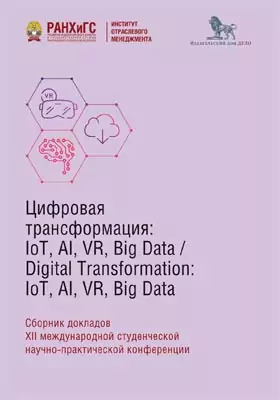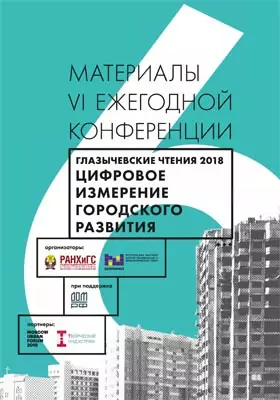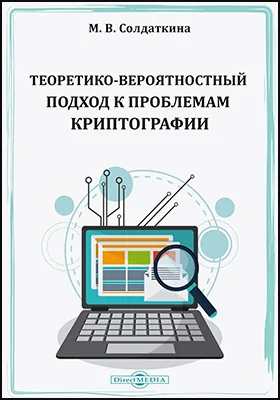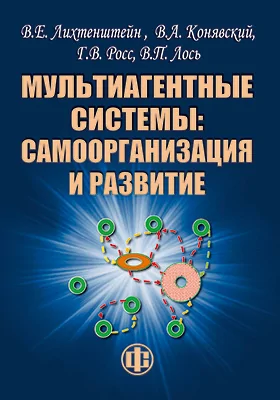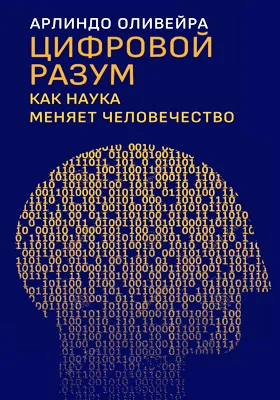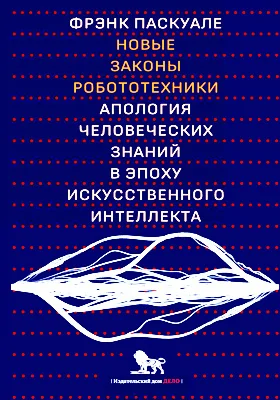Цифровая трансформация: IoT, AI, VR, Big Dat = Digital Transformation: IoT, AI, VR, Big Data
ISBN: 978-5-85006-171-5
Страниц: 256
Артикул: 81958
Краткая аннотация книги "Цифровая трансформация: IoT, AI, VR, Big Dat"
18–19 апреля 2019 г. в Институте отраслевого менеджмента РАНХиГС при Президенте РФ состоялась XII международная студенческая научно-практическая конференция «Цифровая трансформация: IoT, AI, VR, Big Data», объединившая более 150 студентов РАНХиГС и других вузов. В работе конференции приняли участие российские и зарубежные эксперты таких компаний сфер IT, цифровых технологий и инноваций, как «Atos» (Франция), «Билайн» (Россия), «МШУ СКОЛКОВО» (Россия), «Cisco» (США), «Neurotrend» (Россия), «FESTO Didactic» (Германия), «EligoVision» (Россия), «ЭСКО СВЕТ» (Россия), было представлено более 40 студенческих докладов на английском и русском языках. В сборнике представлены научно-исследовательские работы студентов и аспирантов в рамках следующих тем: «Умный город», «Новые технологии в индустрии гостеприимства», «Индустрия 4.0» и «Стратегии цифровой трансформации в туризме и спорте». Авторами работ были проанализированы вызовы для современных отраслей и компаний, основные риски и препятствия для развития цифровой трансформации, примеры и концепции использования цифровых технологий в различных отраслях и сферах деятельности, а также даны прогнозы будущего развития бизнеса в новой цифровой реальности
Содержание книги "Цифровая трансформация: IoT, AI, VR, Big Dat"
I. Использование инструментов и технологий бережливого производства в условиях цифровой микроэкономики (индустрия 4.0)
Алиева А. Э., A. Alieva, Седракян О. М., O. Sedrakyan Talent. Management in Industry 4.0: Case Sberbank
Даниелян С. С., S. Danielyan, Николаева Д. Д., D. Nikolaeva. Internet of Things in Russia: Features, Prospects and Threats of Implementation
Дешевых А. Е., A. Deshevykh, Кирсанова Т. А., Т. Kirsanova. Lean Industry 4.0: Case Siemens
Махоткина А. А., А. Makhotkina, Трулов А. О., А. Trulov. Using Lean Production Systems and 4IR Opportunities to Create an Innovative Business Model for Global Competition: Case ABB (Khotkhovo, Moscow Region)
Овсепян Т. Р., T. Ovsepyan. Automation of Inventory Management in Under Armour Russia
Плиева А. М., А. Plieva, Смирнова Е. О., Е. Smirnova. Using Innovative Lean Management Tools in a Distribution Centre of a National Retail Chain
Сидорова А. М., А. Sidorov. Management of the Cost of Finished Products as the Most Important Direction of the Lean Production
Сокол А. О., А. Sokol, Степанова А. Н., А. Stepanova, Сюткин В. Л., V. Syutkin. The Basic Principles of the Concept of Lean Production and Its Collaboration with the Industry 4.0
II. Новые технологии в индустрии гостеприимства
Байдурова Е. П., Е. Baidurova. Trends in Robotization of Business Processes in International Hotel Chains
Басем Ассаф, A. Basem. Importance of Modern Technologies in Support of Hospitality Sector in Syria During Post-war Reconstruction
Глушкова Д. А., D. Glushkova. The Impact of Emerging Technologies on Increasing Customer Loyalty in the Hotel Industry
Иванова А. Н., А. Ivanova. Experience Economy, Sensual Marketing and Digitalization as New Impetuses of the Hotel Industry
Каримова К. Р., К. Karimova. New Technologies in the Hotel Industry
Князева А. О., А. Knyazeva. Robotization of the Restaurant Industry, a Blessing or a Curse?
Липадат А. В., А. Lipadat, Сиддики А. З., А. Siddiki. Man vs Robot: who wins?
Махлюф Агяд, А. Makhlouf. Digital Economy, Impacts on the Tourism and Hospitality Enterprises
Тумех Бушра, B. Toumeh. Exploitation of Digital Transformation Technologies in Smart Tourism Destinations: Facts and Challenges
Ширяева А. Р., А. Shiryaeva. How Voice Control Can Improve Customer Experience in Hospitality Industry
III. «Умный город»
Васильева А. С., А. Vasileva. Smart City: the Importance of Customer Data Protection for Organizations
Ветрова А. Б., А. Vetrova. Smart Moscow — Dream or Reality?
Войнова В. А., V. Voynova, Терехова Т. А. /Т. Terekhova. How the Internet of Things is Transforming Advertising and CRM
Герасимчук Н. С., N. Gerasimhuk. Smart Museum City in the Heart of Moscow
Джиндоян Д. Г., D. Dzhindoyan. Digital Out-of-Home Advertising in Russia
Дубинина В. С., V. Dubinina, Ерышев А. Е., А. Eryshev. Moscow in the Context of Smart City. Strategy “Moscow 2030: Smart City”, Examples of Realized Programs
Жукова Т. И., T. Zhukova, Попкова А. В., А. Popkova. Conditions Defining a City as a Smart
Исаева А. В., A. Isaeva, Шумейко А. А., A. Shumeyko. Moscow — the Smart City
Касенков В. И., V. Kasenkov. Using VR for Merchandising
Лезина Е. А., Е. Lezina, Монастырская Е. Д., Е. Monastyrskaya. Intelligent Cities
Мелендес Тобиас, T. Melendez. Farms are Becoming Smart and are Moving to the Cities
Селифанова А. В., А. Selifanova. How Smart City Infrastructure Can Alleviate the Strain of City Growth
Соловьева А. А., А. Soloveva. Appearance, History and Development of the Outdoor Advertising
Сосенкова Д. Д., D. Sosenkova. OOH Advertising in the Context of Smart City
Тархова А. И., А. Tarkhova. Smart Cities: Dealing With Environmental Challenges
Лозовская М. А., Пугаева К. И. Продвижение образовательного бренда средствами ИКТ (на примере продвижения воспитательной программы ГБУ ДО ДДЮТ Выборгского района)
Широков Д. С. Возможности совместного использования и взаимодействия систем «Умный дом» и «Умный город»
IV. Стратегии цифровой трансформации в туризме и спорте
Фомина А. Стратегии digital-трансформации в туризме
Все отзывы о книге Цифровая трансформация: IoT, AI, VR, Big Dat : сборник докладов XII международной студенческой научно-практической конференции
Отрывок из книги Цифровая трансформация: IoT, AI, VR, Big Dat : сборник докладов XII международной студенческой научно-практической конференции
40Ц : IT, AI, VR, B D2. The system ought to have ability to produce inventory licenses reports that managers can apply in decision-making process.3. The system should be able to accept data from users through use of interface and interactive forms.4. The system should be able to give summary licenses and their categories weekly.5. The system should be able to provide all the above efficiently and fast enough.6. The system will validate input data.The non-functional requirements of the system are:1. The system should be easy to maintain and adapt to.2. The system should enable backup and recovery performed at specific times (manually or automatically).3. The system should provide security to the database by use of passwords.The implementation of the new system may be quite expensive, but there are no special requirements for it. Every staff member in the company has its own laptop and internet access. Data base creation may take much time, because it is important to have ac-curate and exact data. Despite the fact that it will be necessary to update data base with new deliveries it will not be a problem, because there are QR codes on every box, and there is already such a process.Results and conclusionFinnil company research says that using automated inventory sys-tem small companies may save approximately $6,000 per year in inventory related labour and a large store as Under Armour may save $72,000.The database will enable the update, retrieval, deletion, and gen-eration of Inventory reports accordingly. The complete and ap-propriate implementation of this Inventory management system on stock items will yield significant advantages to the organization.This system also provides advantages in relationship with cli-ents making it easier to present new collections to new buyers all over the world. It allows busy buyers to place orders directly
С книгой "Цифровая трансформация: IoT, AI, VR, Big Dat" читают
Бестселлеры нон-фикшн
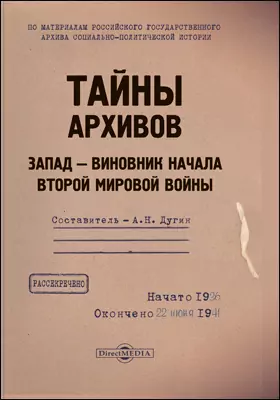

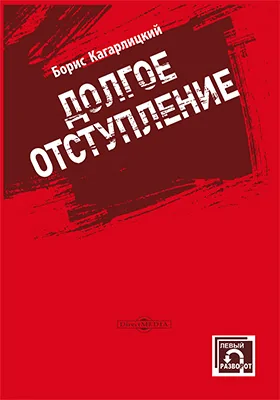
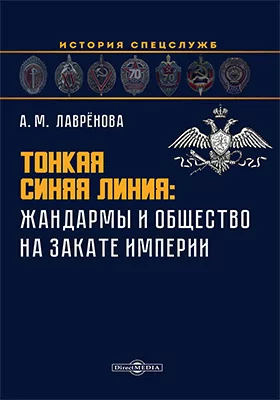

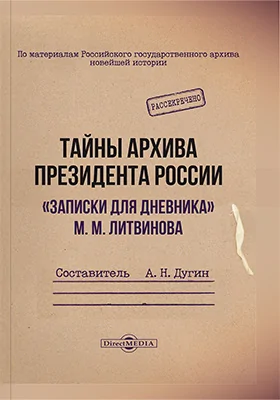
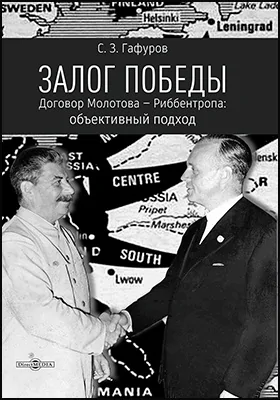
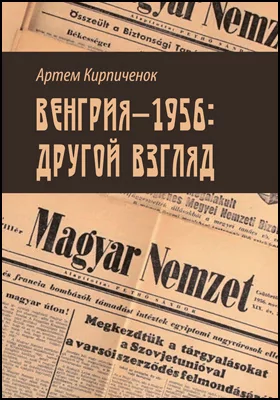
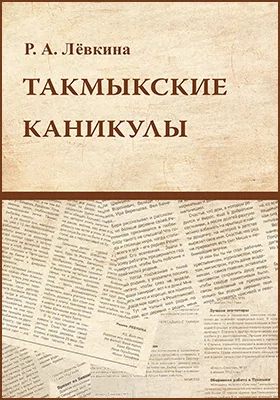
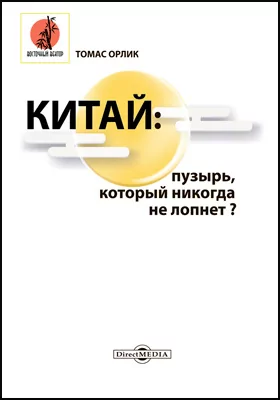


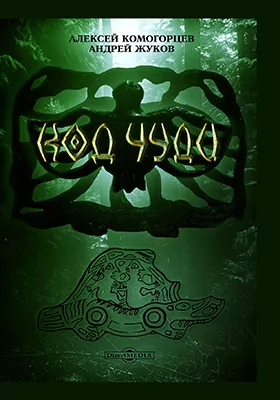
Новинки книги нон-фикшн

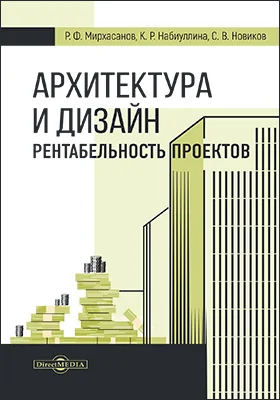
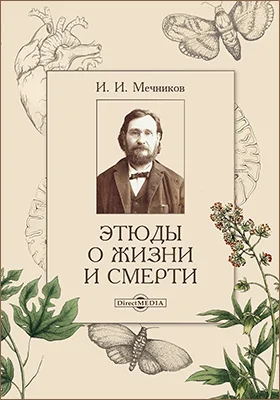
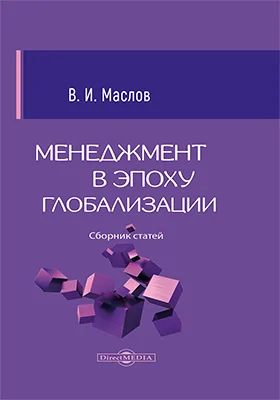
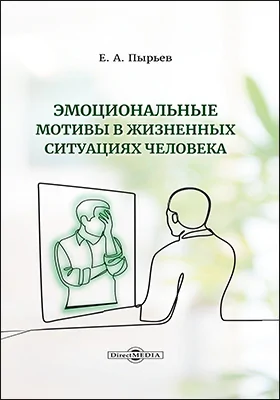
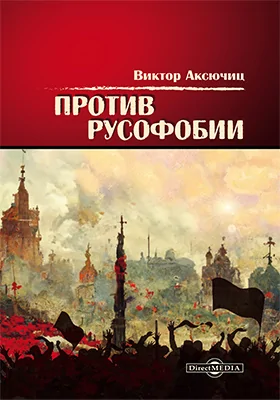
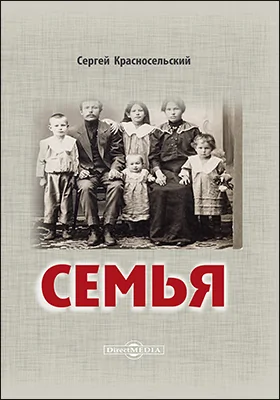
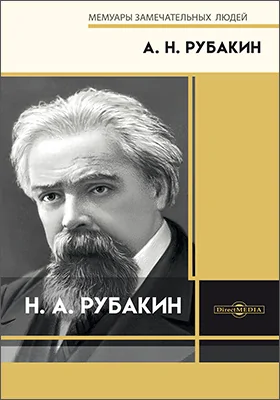

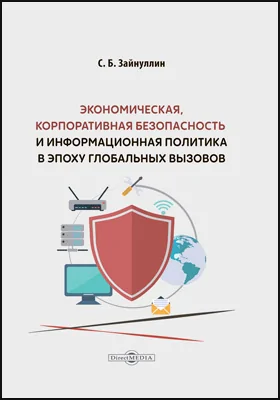
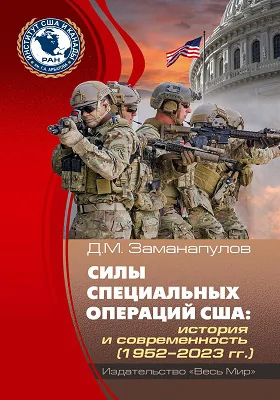
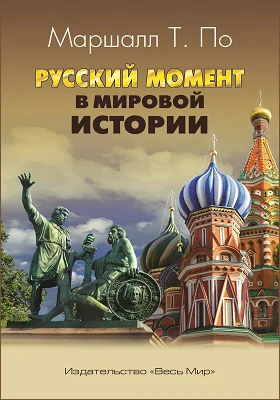

и мы свяжемся с вами в течение 15 минут
за оставленную заявку

